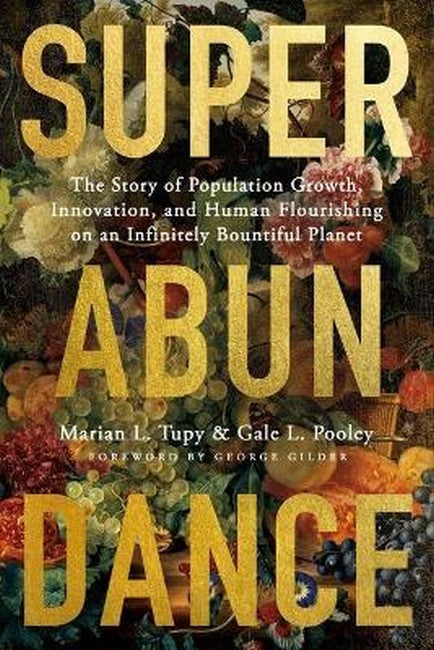Gale L. Pooley is an associate professor of business management at Brigham Young University-Hawaii. He has taught economics and statistics at Alfaisal Univerity in Riyadh, Saudi Arabia, Brigham Young University-Idaho, Boise State University, and the College of Idaho. Pooley earned his BBA in economics at Boise State University. He did graduate work at Montana State University and completed his PhD at the University of Idaho. In 1986, he founded Analytix Group, a real estate valuation and consulting firm. Pooley has held professional designations from the Appraisal Institute, the Royal Institute of Chartered Surveyors, and the CCIM Institute. He has published articles in National Review, HumanProgress, The American Spectator, FEE, the Utah Bar Journal, the Appraisal Journal, Quillette, Forbes, and RealClearMarkets. Pooley is a senior fellow with the Discovery Institute and serves on the board of HumanProgress.org. He is a scholar with Hawaiis Grassroots Institute and is also a member of the Mont Pelerin Society. His major research activity has been the Simon Abundances Index, which he coauthored with Marian Tupy. Marian L. Tupy is the editor of HumanProgress.org, a senior fellow at the Cato Institutes Center for Global Liberty and Prosperity, and coauthor of The Simon Project. He specializes in globalization and global well-being ad politics and economics of Europe and Southern Africa. He is the coauthor of Ten Global Trends Every Smart Person Should Know: And Many Others You Will Find Interesting (Cato Institute, 2020). His articles have been published in the Financial Times, the Washington Post, the Los Angeles Times, the Wall Street Journal, The Atlantic, Newsweek, the UK Spectator, Foreign Policy, and various other outlets both in the United States and overseas. He as appeared on BBC, CNN, CNBC, MSNBC, Fox News, Fox Business, and other channels. Tupy received is BA in international relations and classics from the University of Witwatersrand in Johannesburg, South Africa, and his PhD in international relations from the University of St. Andrews in Great Britain. He is a member of the Mont Pelerin Society.
Description
“With great writing and a mountain of good evidence, Tupy and Pooley remind us that we are immeasurably better off than our ancestors. In this day of pestilence, war, and climate change, we need that reminder, and we can hope that the doom‐mongers will be wrong about the future, just as they have always been wrong about the past.”
—ANGUS DEATON, Nobel Prize–winning economist
“For centuries, the ivory towers of academia have echoed this sentiment of multitudinous ends and limited means. In this supremely contrarian book, Tupy and Pooley overturn the tables in the temple of conventional thinking. They deploy rigorous and original data and analysis to proclaim a gospel of abundance. Economics―and ultimately, politics―will be enduringly transformed.”
—GEORGE GILDER, author of Wealth and Poverty, Knowledge and Power: The Information Theory of Capitalism and How it is Revolutionizing our World
“People don’t depend on stuff; they depend on ideas—formulas, algorithms, knowledge—which allow stuff, useless by itself, to satisfy our wants. In this lucid and illuminating book, Tupy and Pooley lucidly use this insight to explain a fact that, surprisingly, surprises people: over the centuries, our increasing knowledge has made more stuff available to us.”
—STEVEN PINKER, author of Enlightenment Now: The Case for Reason, Science, Humanism, and Progress
“There are those who wish for scarcities, and who work to inhibit economic growth, so that government can claim an excuse to ration this and that. Happily, they have met their match in Tupy and Pooley, who demonstrate that population growth is not a problem, it is the solution—the most important resource.”
—GEORGE WILL, Washington Post

